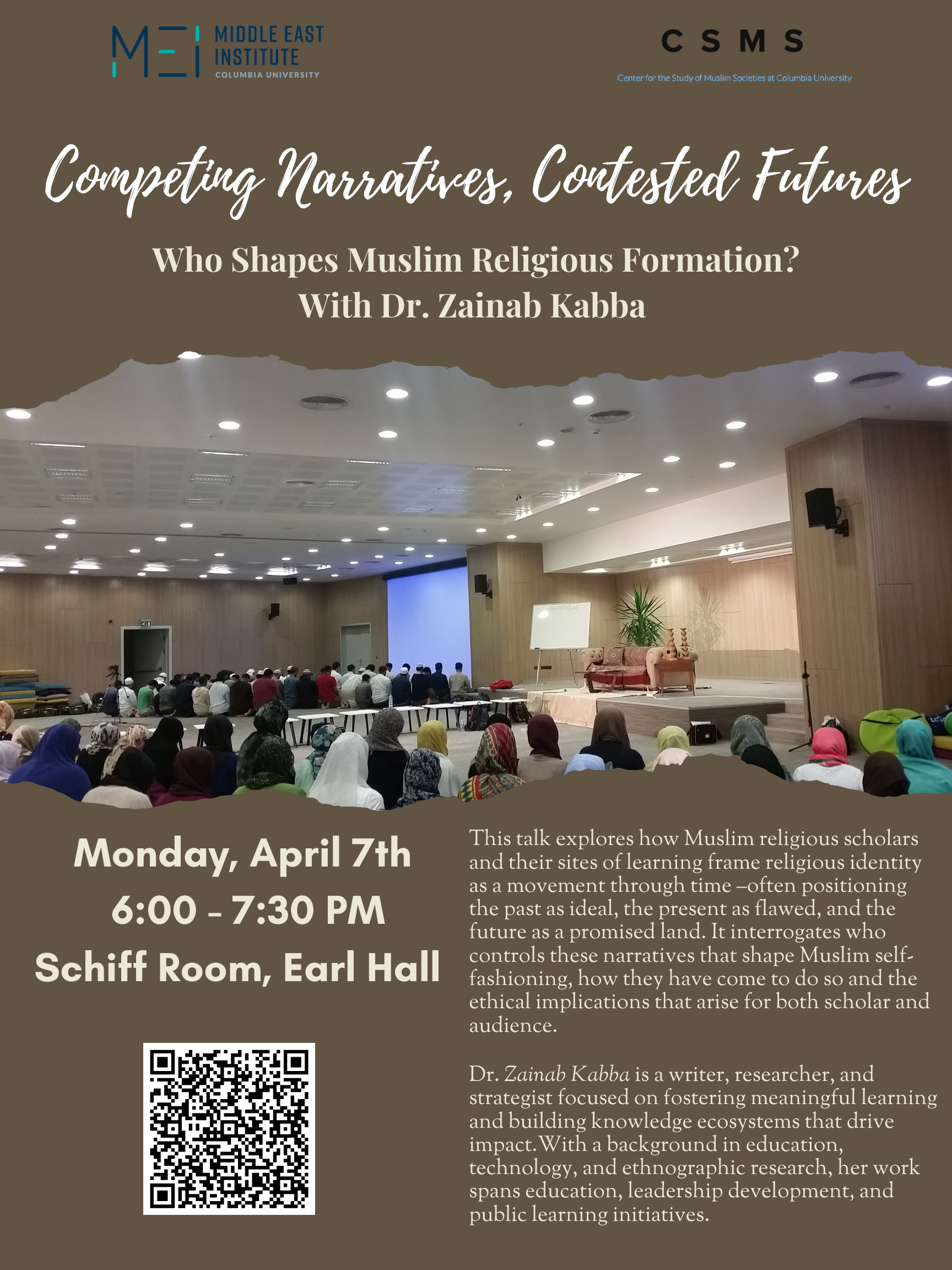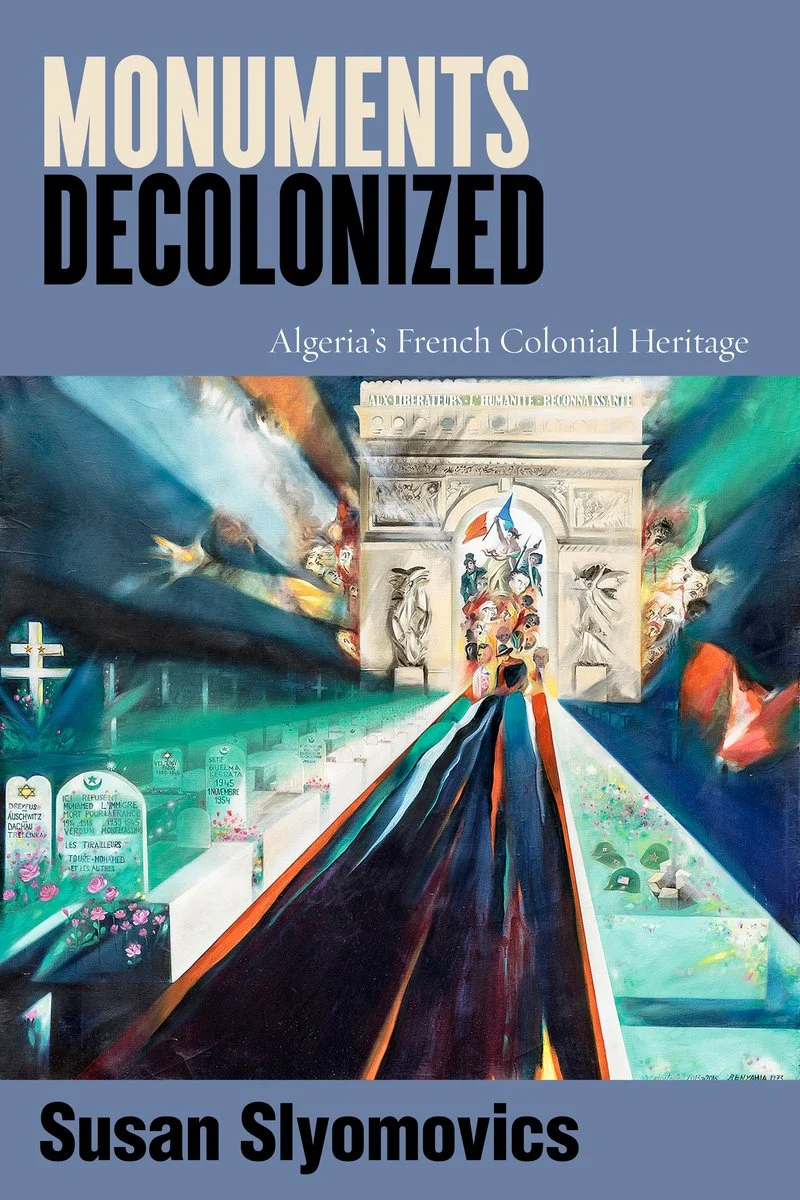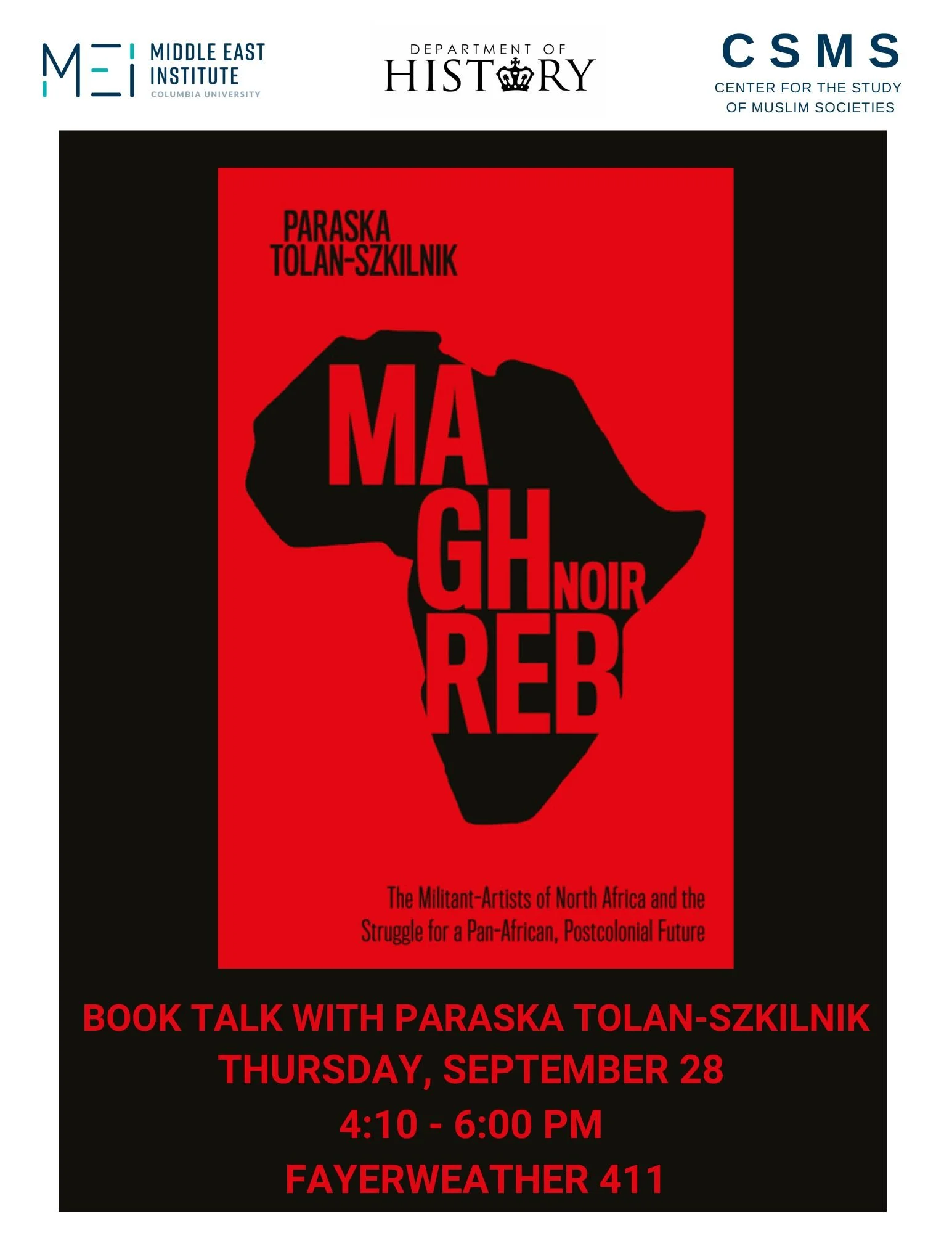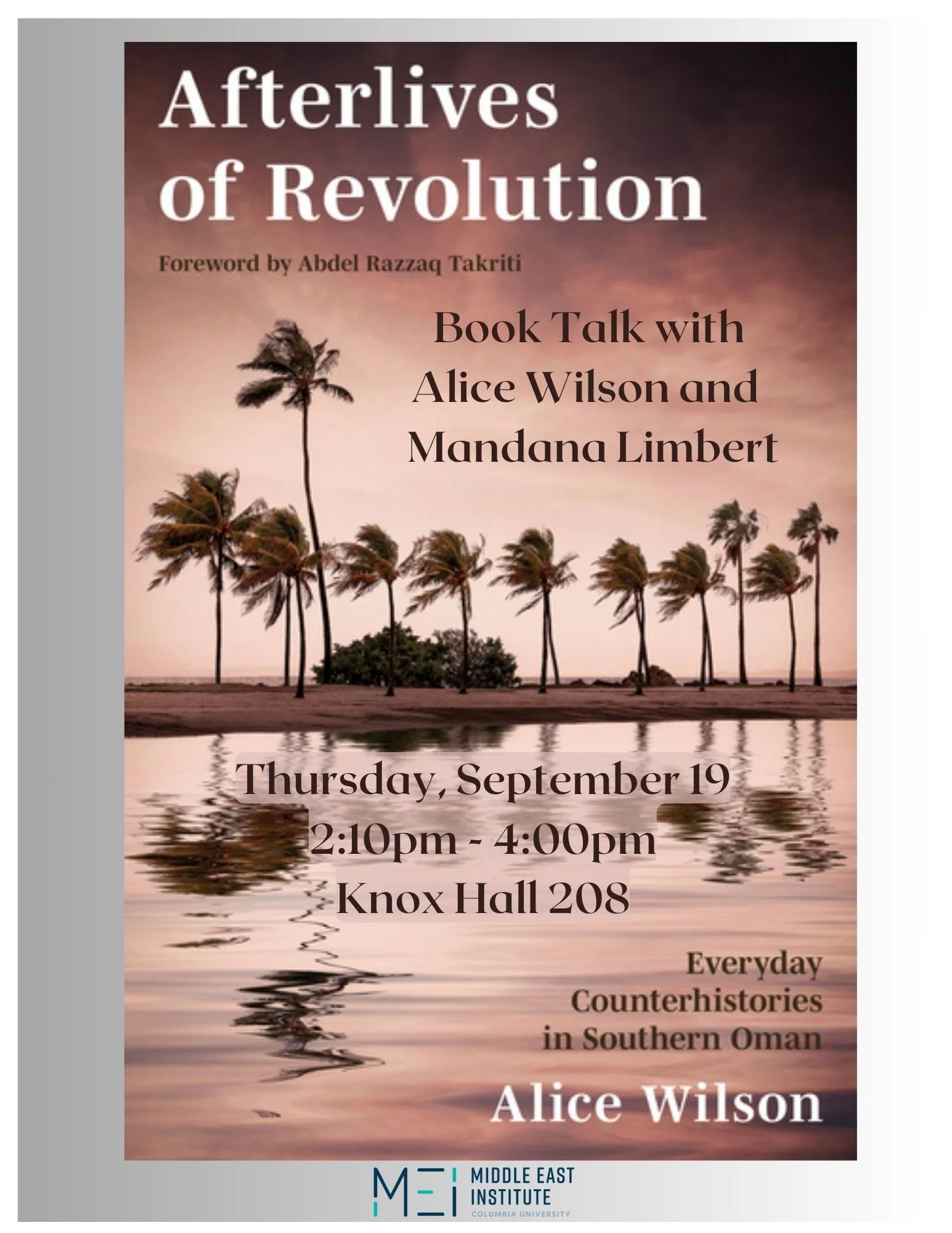
Merchants of Knowledge: Book Talk with Robert Morrison, Hosted by Professor A. Tunç Şen
Date: Wednesday, April 30th
Time: 6:00 PM - 7:30 PM
Location: Schermerhorn hall, 807
Between 1450 and 1550, a remarkable century of intellectual exchange developed across the Eastern Mediterranean. As Renaissance Europe depended on knowledge from the Ottoman Empire, and the courts of Mehmed the Conqueror and Bayezid II greatly benefitted from knowledge coming out of Europe, merchants of knowledge—multilingual and transregional Jewish scholars—became an important bridge among the powers.
With this book, Robert Morrison is the first to track the network of scholars who mediated exchanges in astronomy, astrology, Qabbalah, and philosophy. Their books, manuscripts, and acts of translation all held economic value, thus commercial and intellectual exchange commingled—knowledge became transactional as these merchants exchanged texts for more intellectual material and social capital. While parallels between medieval Islamic astronomy and the famous heliocentric arrangement posited by Copernicus are already known, Morrison reveals far deeper networks of intellectual exchange that extended well beyond theoretical astronomy and shows how religion, science, and philosophy, areas that will eventually develop into separate fields, were once interwoven. The Renaissance portrayed in Merchants of Knowledge is not, from the perspective of the Ottoman Muslim contacts of the Jewish merchants of knowledge, hegemonic. It's a Renaissance permeated by diversity, the cultural and political implications of which the West is only now waking up to.
SPEAKER’S BIO
Robert Morrison (Columbia Ph.D. ’98) is George Lincoln Skolfield, Jr. Professor of Religion and Middle Eastern and North African Studies at Bowdoin College. He is a scholar of science in Islamic societies and Jewish cultures. He has received fellowships from the Guggenheim Foundation, the NEH, the Stanford Humanities Center, and the National Humanities Center. His previous book was The Light of the World: Astronomy in al-Andalus (University of California Press, 2016).
A. Tunç Şen is an Assistant Professor of History at Columbia University, specializing in the cultural and intellectual history of the early modern Ottoman Empire. His work focuses on the history of science and divination, manuscript culture, the history of emotions, and the social history of scholarship and education in the Ottoman world. His first book, Forgotten Experts: Astrologers, Science, and Authority in the Ottoman Empire, 1450–1600, will be out next month from Stanford University Press.














